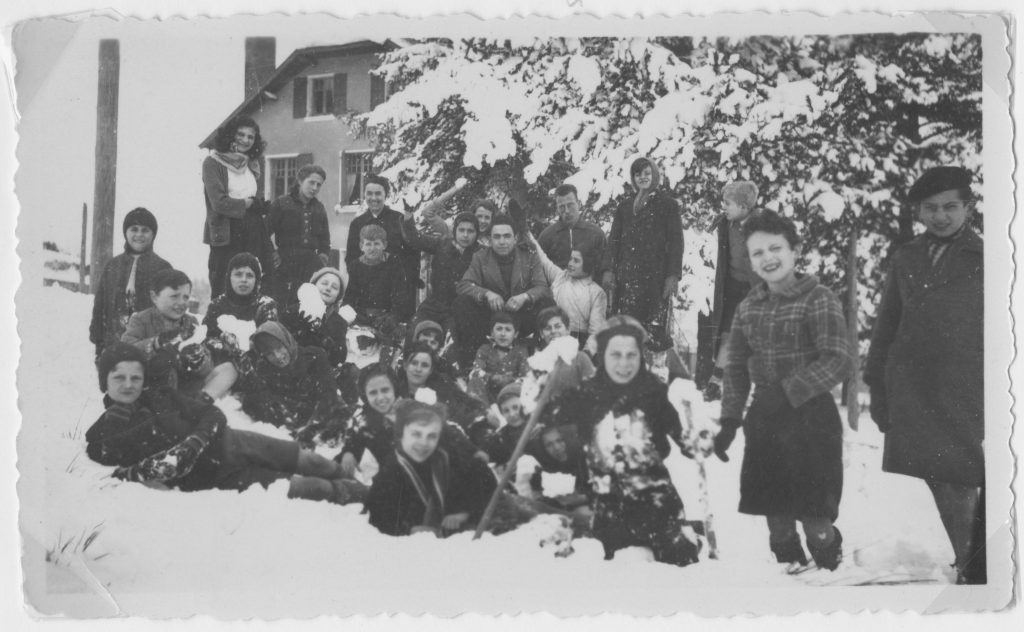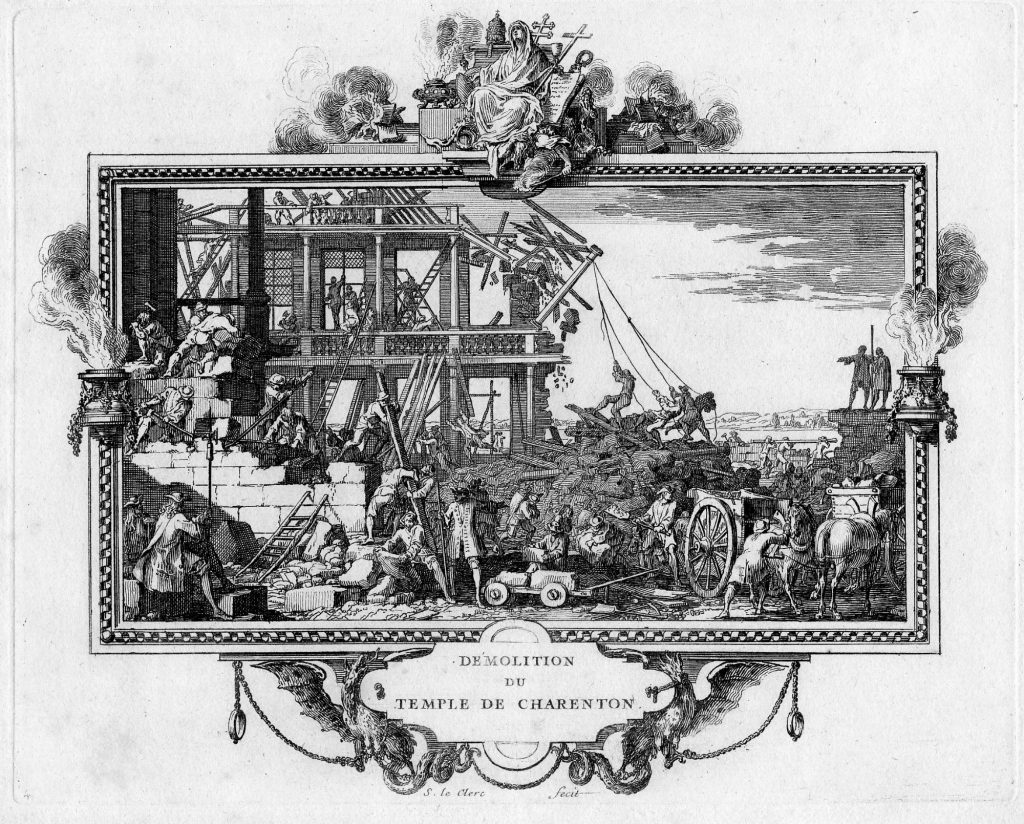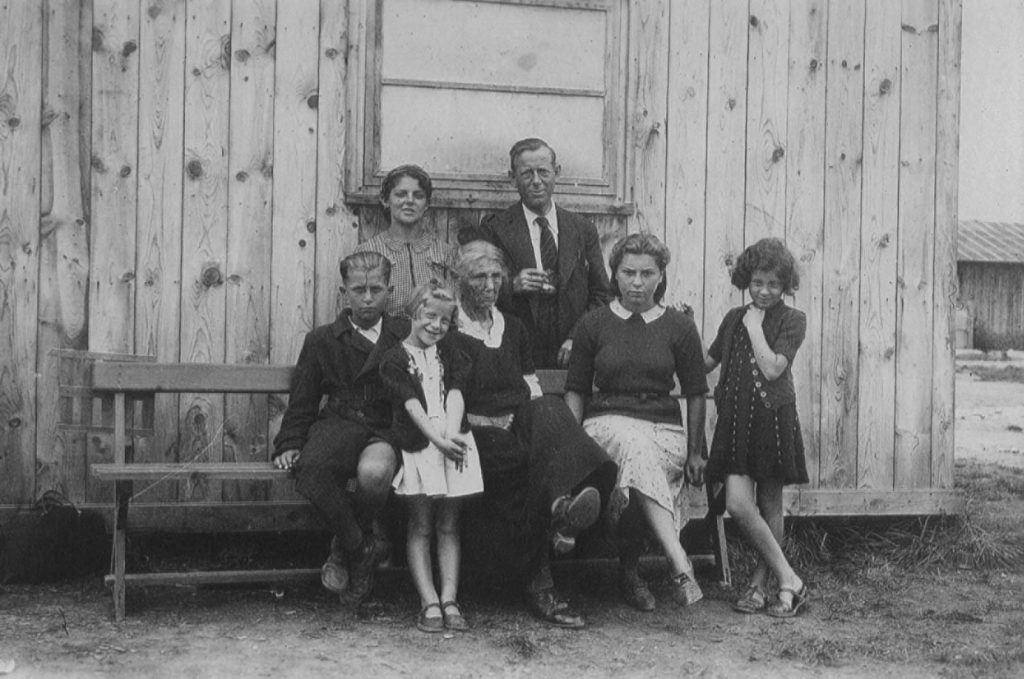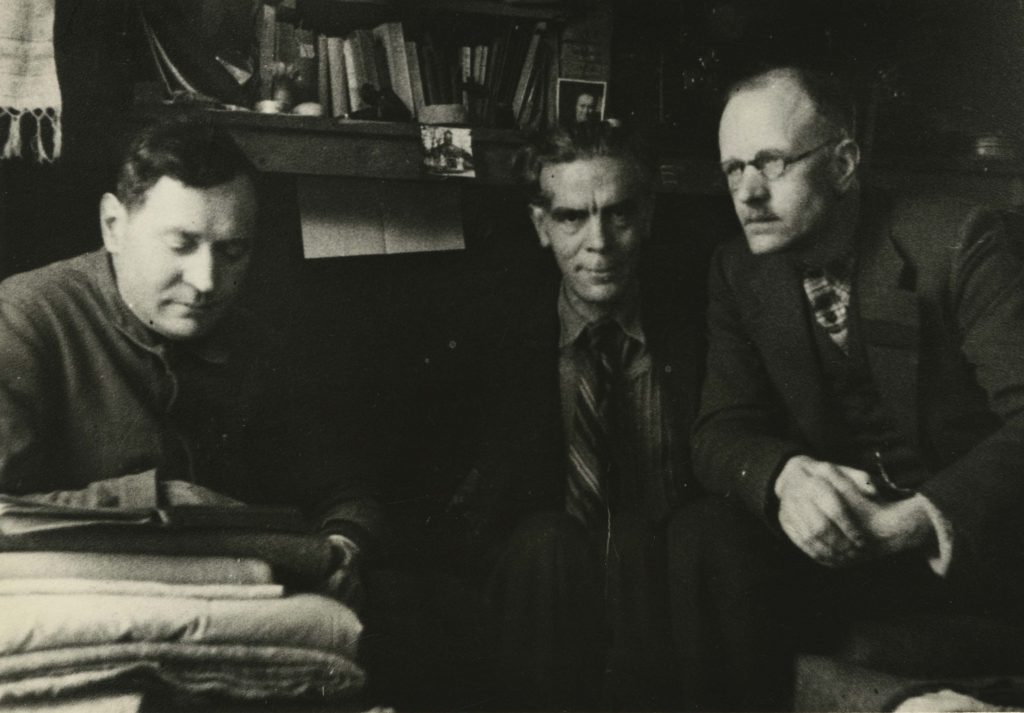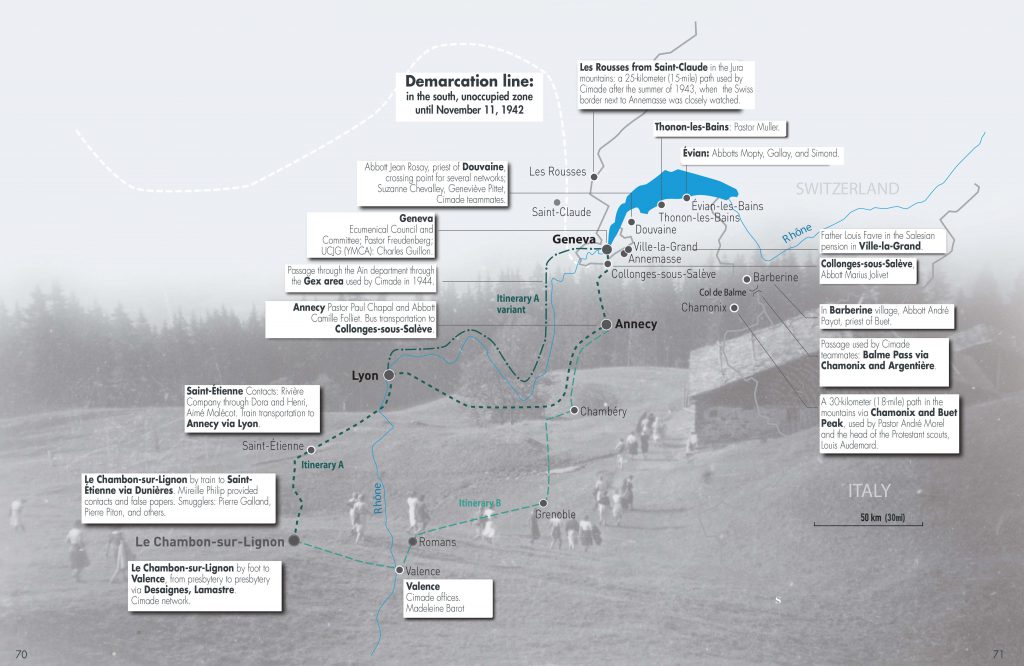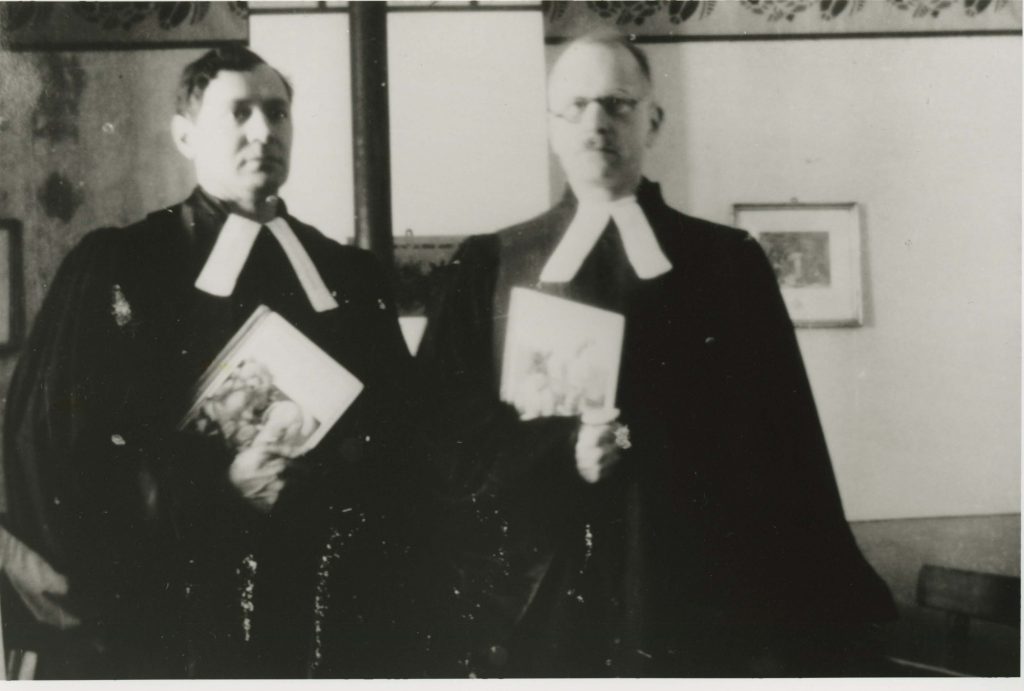-
Normality in Abnormal Times
The rescue at Le Chambon and across the Plateau was sufficiently organized to place refugees—regardless of their circumstances. Children who arrived alone were put into special homes such as La Guespy, L’Abric, and Les Grillons, depending on their age; older students stayed in the Maison des Roches (House of Rocks); and farmers occasionally accommodated individual […]
-
Protestant Persecution
Le Chambon-sur-Lignon is a village on the Plateau Vivarais-Lignon, nestled in the western foothills of the French Alps. Its environs had been a place of refuge for French Protestants escaping Catholic persecution since before the Edict of Nantes was signed in 1598. This decree granted the Calvinist Protestants of France (also known as Huguenots) significant […]
-
The Cost of Survival
The first refugees in Le Chambon were Spanish republicans fleeing Franco and the Spanish Civil War in the late 1930s. Other refugees came from the French internment camps for Jews, such as Gurs, Rivesaltes, and Les Milles. In one isolated case, 6,000 Jews were deported from German border regions to Gurs which was the only […]
-
Rescuers and Collaborators
The Protestant churches on the Plateau were the organizational and motivational leaders of the efforts to rescue refugees and resist collaboration or complicity with the Vichy regime. Sunday services were packed and sermons promoted unity, morality and unwavering faith in the righteousness of their effort. As the size and scope of the rescue on The Plateau […]
-
Hiding & Escape
Due to local raids and constant anxiety, many of the Jews hiding on the Plateau were eager to escape. With the helpof Pastor Marc Boegner, the president of the Reformed Church of France, the OEuvre de Secours aux Enfants (OSE), the Cimade, and the Amitié Chrétienne (Christian Friendship), a network was put in place to […]
-
Spiritual Resistance
Spiritual resistance, one of the hallmark tenets preached by Le Chambon’s pastors, was a guiding force for the town’s citizens, who collectively sheltered thousands of refugees from Spanish, French, and Nazi oppression. Pastor André Trocmé drew inspiration from the Calvinist tradition of humanism, as well as other sects, including the American Quakers, whom he greatly […]
